Humane Unveils AI Pin: The Future of Wearables or An Ambitious Risk?

Humane, an artificial intelligence startup founded by ex-Apple designers Imran Chaudhri and Bethany Bongiorno, recently unveiled its first revolutionary product, the Humane AI Pin. This $699 wearable tech is designed to replace a smartphone. It has features allowing users to perform actions like making calls, sending texts, and accessing online information purely by voice controls.
In a comprehensive launch video on the company's website, Chaudhri highlighted that the AI Pin engages only when commanded via voice, touch, or gesture. One key difference from existing devices is the device's laser display that turns the user's palm into a mini screen for showing time, the date or cueing proximity alerts.
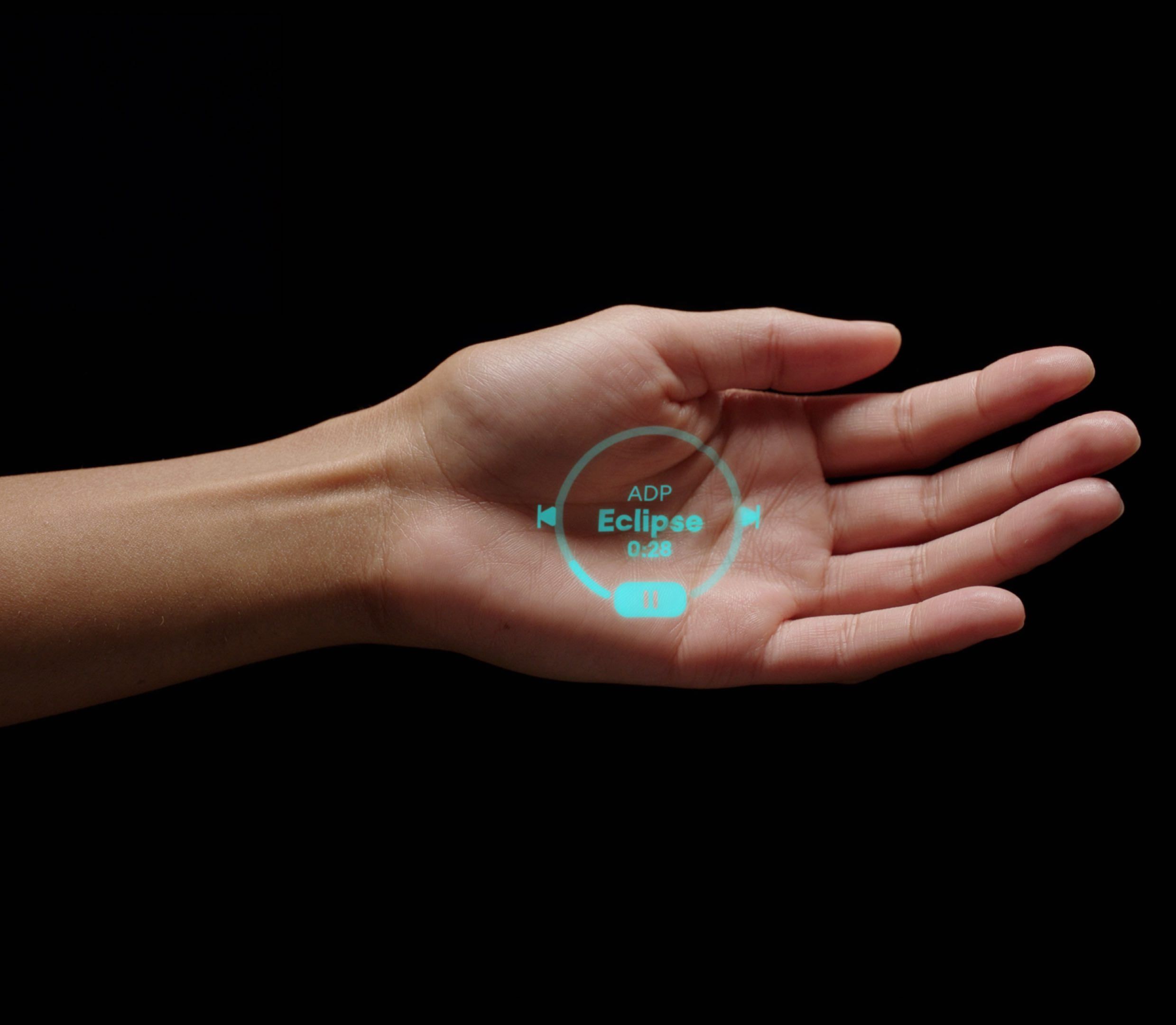
Instead of traditional apps, users can utilize AI services from the internet. Notably, contributing technological giants like Microsoft, Google, and OpenAI support the venture, offering AI services accessible through the device. For instance, language models connected to the pin respond to user queries, like playing songs or providing miscellaneous information.
The AI Pin promises several standout features. It can translate spoken conversations from Spanish to English and vice versa in real time. Its digital assistant can present summaries of the user's daily calendar or received messages. Finally, it utilizes health data to assist in tracking nutritional information.
The Humane AI Pin, besides its upfront cost, requires a monthly payment of $24 for data subscriptions through T-Mobile. This expense allows the pin to function independently, unlike smartwatches that need to be tethered to a smartphone.
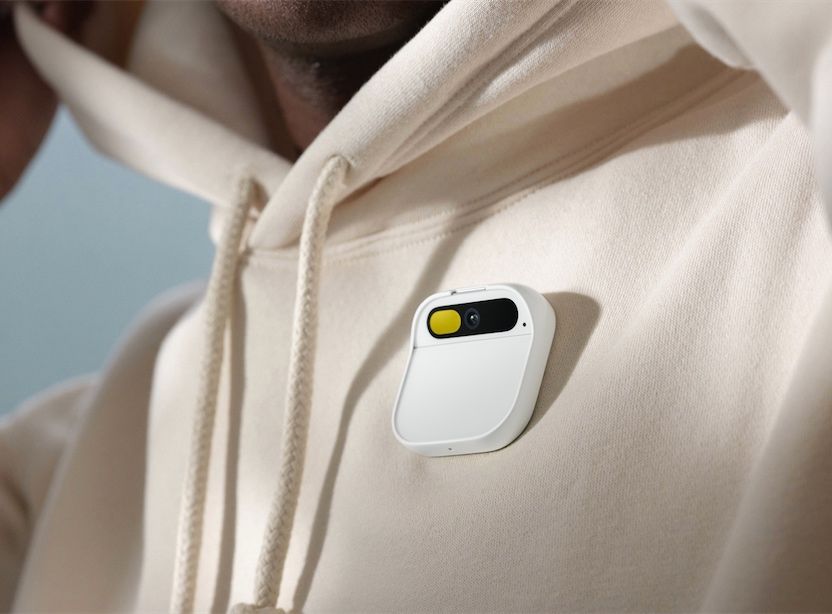
However, the pin still faced scrutiny despite its novelty. Some features found in smartphones are missing, such as accessing emails, recording voice memos, and taking videos. Its AI functionality has been questioned as it does not have access to the user's data, limiting its usefulness. But Humane's engineering head, Ken Kocienda, assured the public at a recent event that most of the missing features were in the works, and further enhancements from Humane were forthcoming.
Despite these apparent shortfalls and the AI pin's steep price tag, Humane aims to secure a sufficient early buyer base to offer a second iteration that could address these downsides. Kocienda acknowledged that gaining traction among early adopters is crucial for the company's success but remains optimistic about the product's buzz.
Humane's vision for the AI Pin extends far beyond reproducing smartphone features in a wearable form factor. The company's unique approach entirely scraps traditional interfaces. The device's operating system, “Cosmos,” bypasses the need for many apps, directing user queries to the necessary tools and offering a seamless experience where users can effortlessly command their AI Pin to complete tasks.
AI Pin aims to serve as a wearable, AI-powered search engine with potential future capabilities, such as navigation and shopping. Humane's vision for the AI Pin presents the wearable as the dawn of a larger project. Indeed, the company pins its hopes on the evolutionary potential of AI-driven devices, mirroring the trajectory of smartphones, where the device's capabilities hinge on the advancement of the underlying AI technology.
Humane raised over $200 million in a funding round and sparked intrigue in March, drawing investment from industry giants like Microsoft and Salesforce CEO Marc Benioff. This impressive feat was achieved before the company announced its first product, the AI Pin, which will start taking pre-orders on November 16.
Humane's AI Pin represents an ambitious leap into a largely unexplored tech frontier. Whether it will be adopted en masse like the smartphones it aims to replace and whether Humane can overcome the device's current limitations remains to be seen. Despite uncertainty and skepticism, Humane marches boldly forward into the future of AI wearables. But whether this future aligns with the company's vision and attempts, only time can truly tell.
Also Read
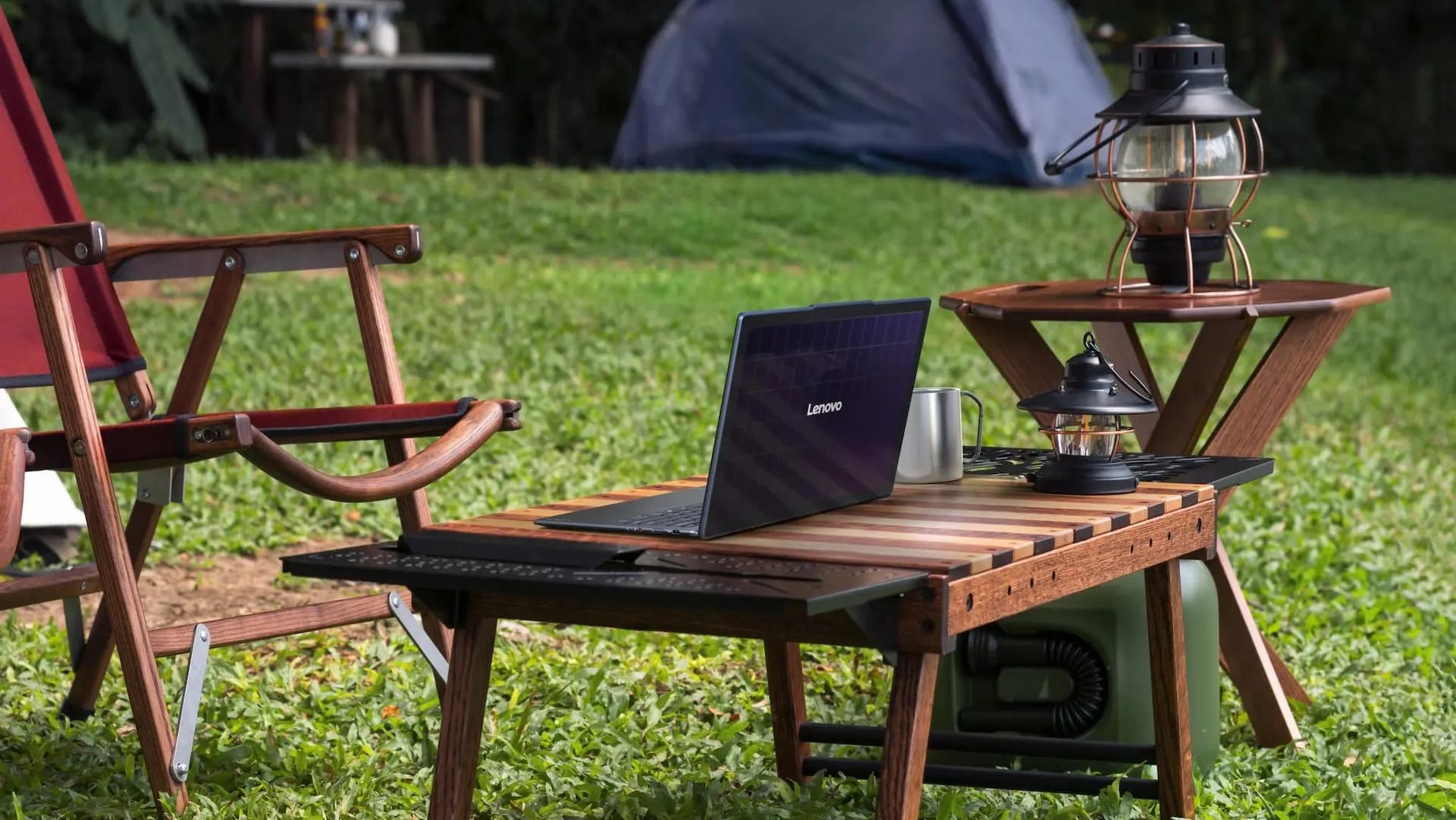
Lenovo Debuts Solar-Charging Laptop That Turns 20 Minutes of Sunlight Into Hour of Video

Ottocast Car TV Mate Max Review – A Versatile In-Car Entertainment Adapter
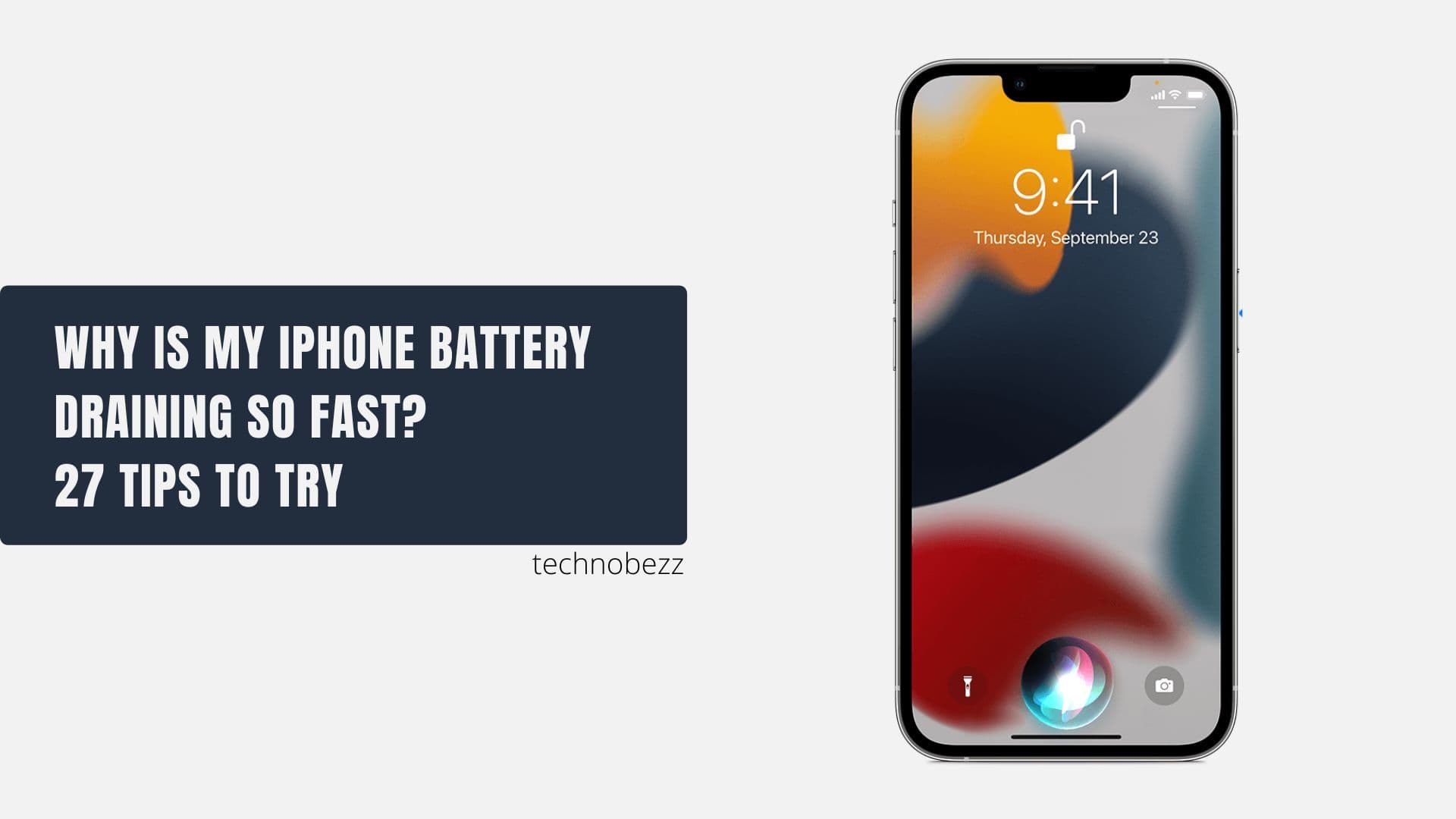
iPhone Battery Dying In Minutes? 23 Real Fixes That Work
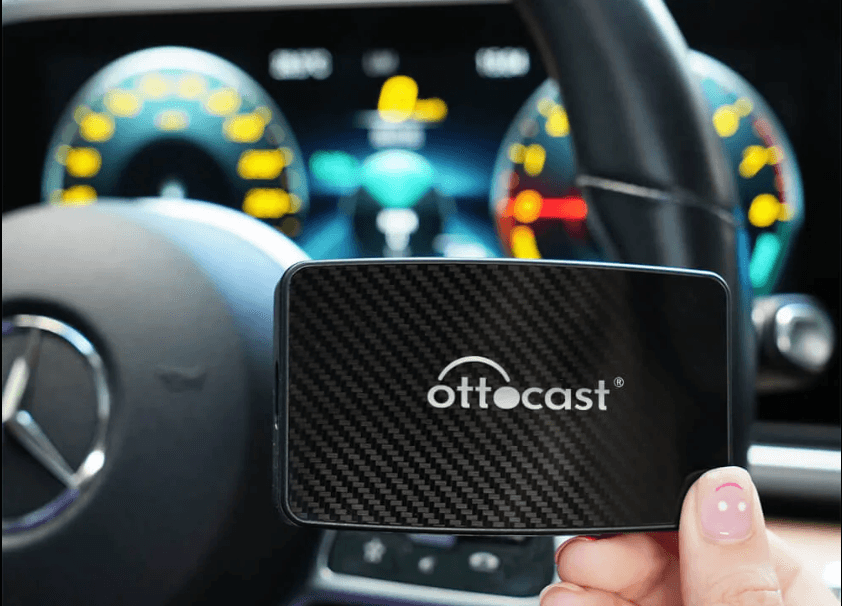
Ottocast Play2Video Pro Ups the Game in Affordable Car Entertainment
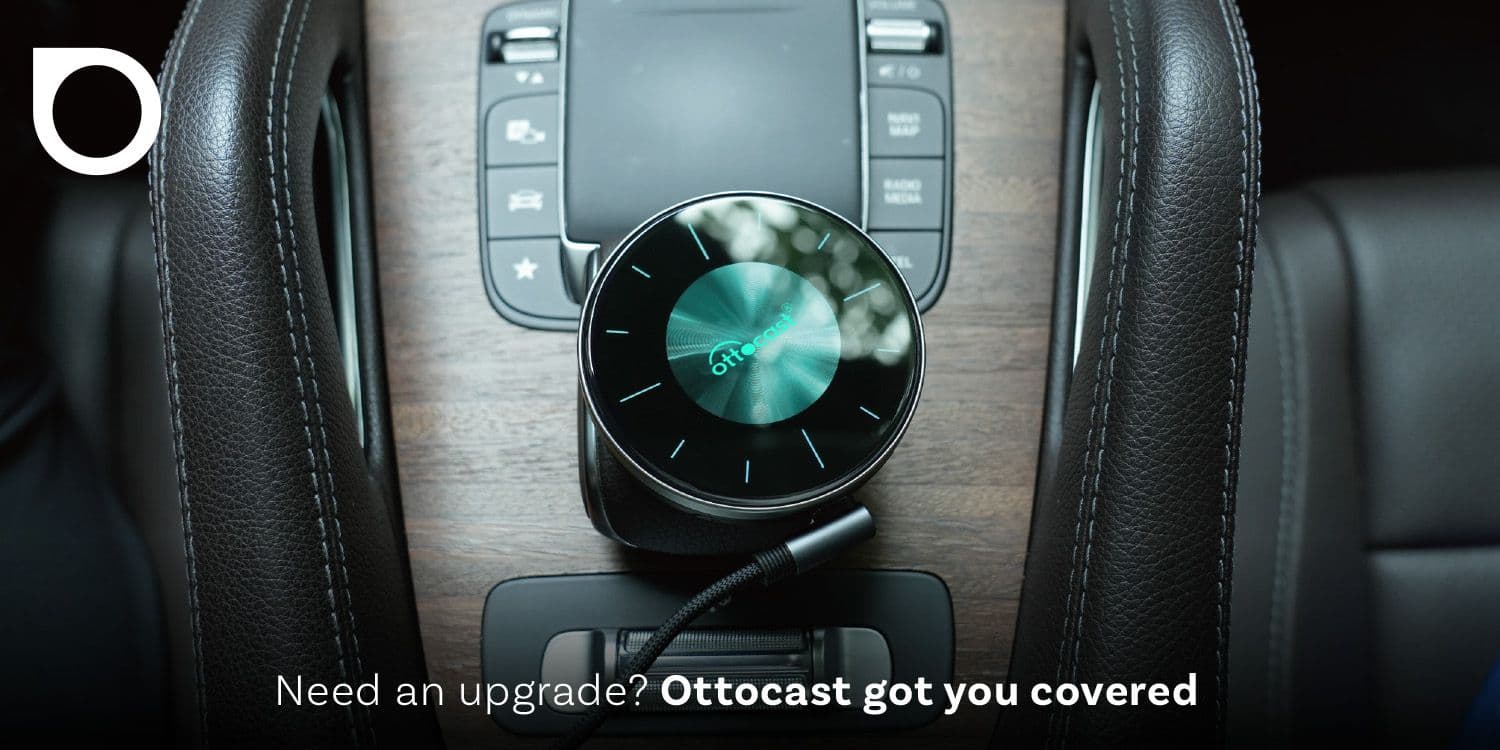
Ottocast OttoAibox P3 Powers a Smarter Driving Experience








